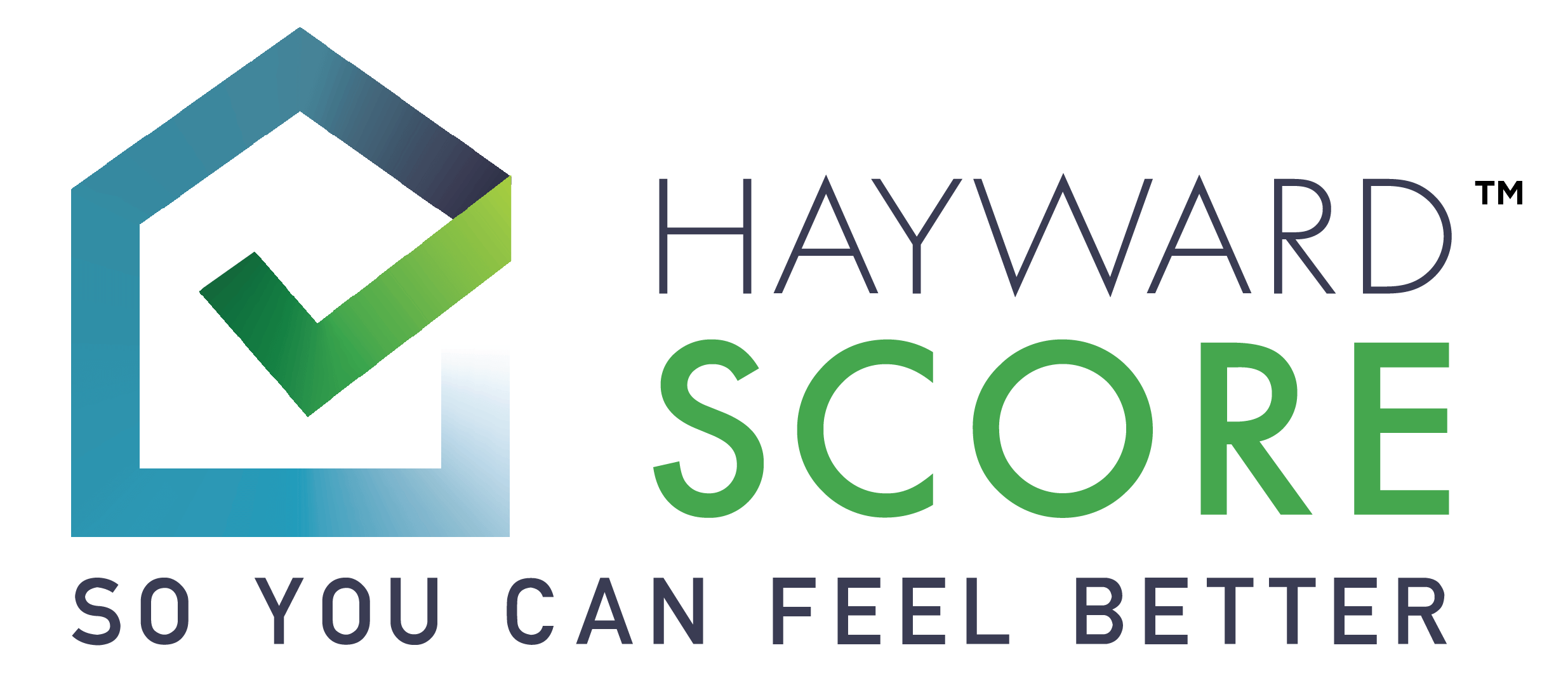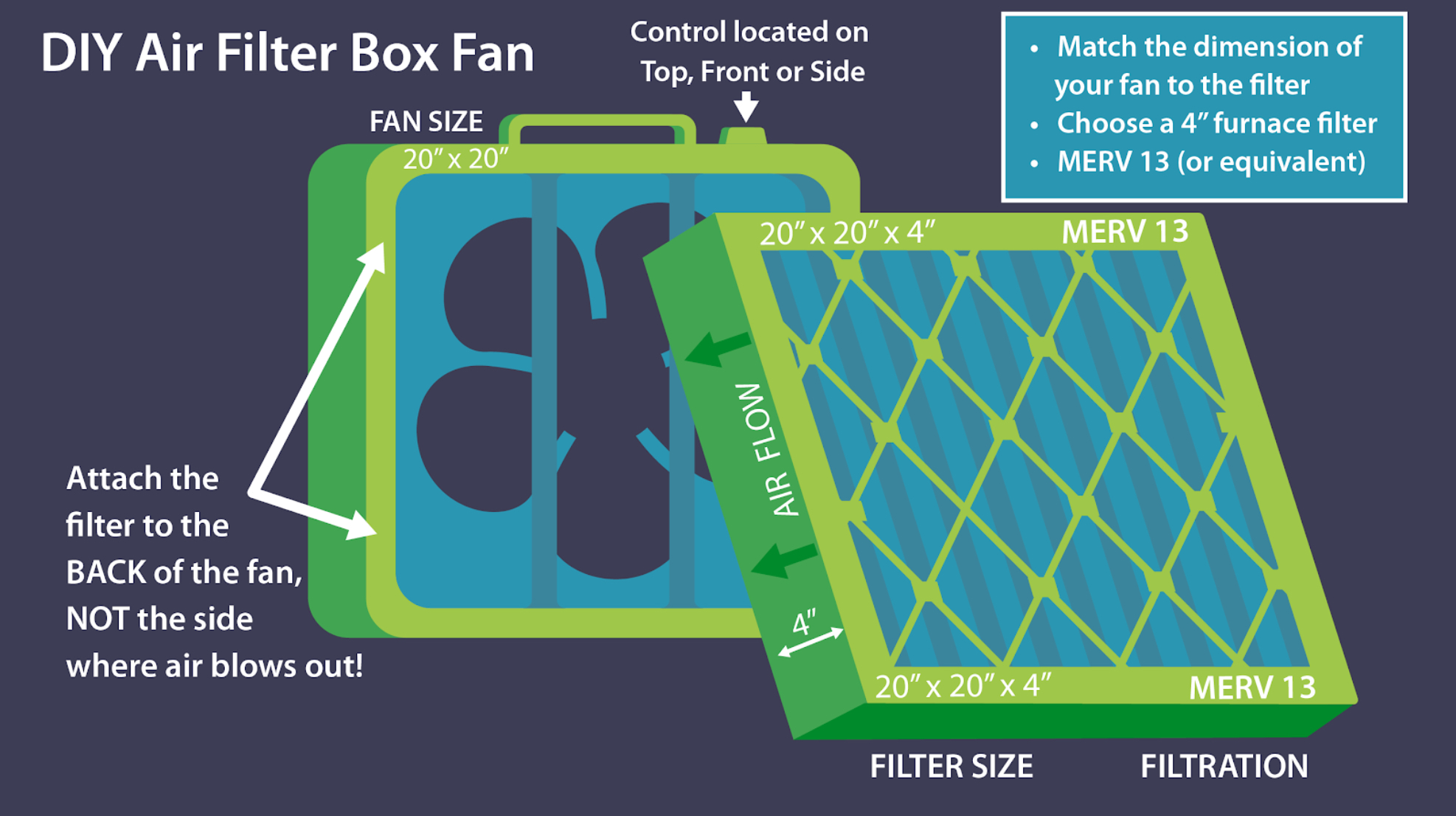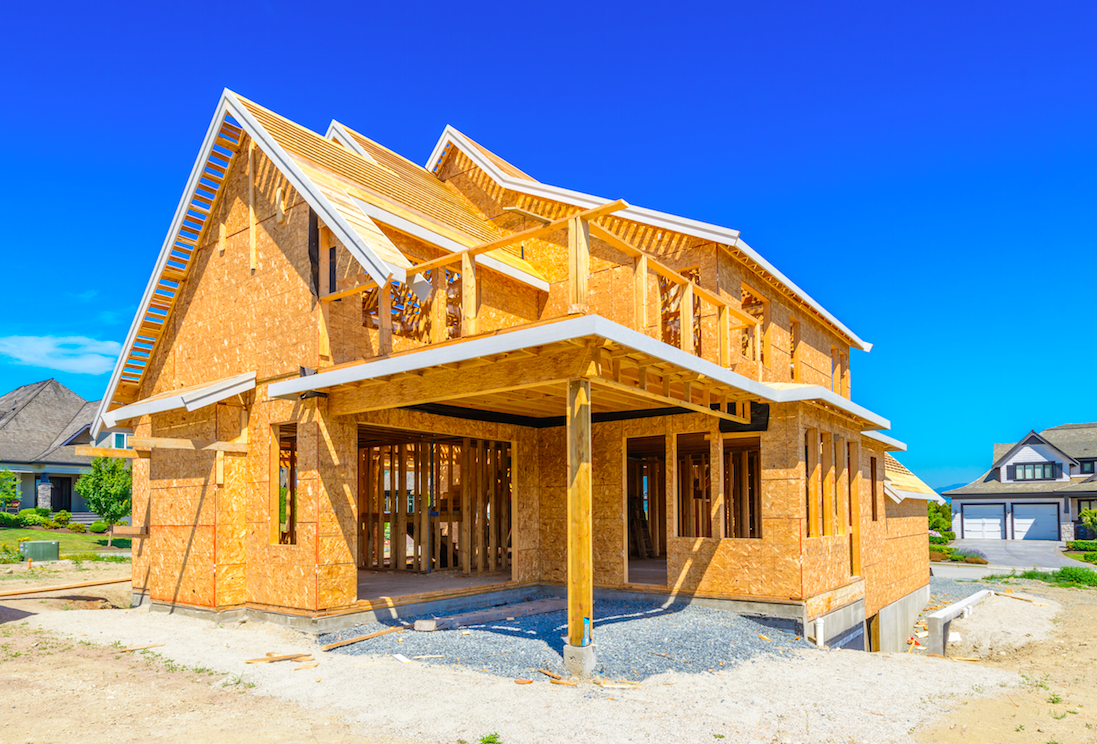What is Coronavirus (COVID-19)?
The COVID-19 virus has many similarities with the other corona-type viruses, plus those for the common cold and the flu. Therefore, routine preventive measures for those also apply to COVID-19. However, COVID-19 also has critically important differences, some of which are not yet well known, that must be taken into account for reduced risk and increased prevention. Correctly understanding those additional differences is essential for success.
General Advice for Coronavirus Prevention (and all viruses)
- Wash/sanitize hands often.
- Avoid touching your face, nose, mouth, and eyes.
- Stay away from close contact with others in public places (6’ is recommended).
- Identify and rely on accurate information from trusted sources, especially your physician or other health care provider.
Additional Information about Coronavirus (COVID-19)
Coronavirus (COVID-19) is different from the common cold which creates inconvenience for a few days to a week or more. It is also different from the “ordinary” seasonal flu. The risk of severe and prolonged illness from the flu is greater than for the common cold and has a potential death rate of between 0.001% to 0.003%. Coronavirus symptoms are more severe than the common cold or seasonal flu, and the virus has a reported death rate closer to 3.4% (as of March 4).
As of February 27, coronavirus transmission directly from an infected person to an uninfected person has been documented without known close or intimate contact. A more frequent method of coronavirus transmission is from touching surfaces where the virus is residing, then transferring them to yourself by touching your face, mouth, nose, or eyes. Surface cleaning is more effective than wearing a face mask.
The combination of increased risk, frequently changing details, and uncertainty has placed COVID-19 at the top of global public awareness and aggressive public health activity. The importance of the situation also justifies adding specific personal behaviors in addition to the general advice above to minimize virus exposure.
Effective Actions for Coronavirus Prevention
CDC recommendations apply to both your protection from acquiring the disease and for the protection of others from you, just in case you have the virus but don’t exhibit symptoms.
- Wash your hands often with fragrance-free soap and water for at least 20 seconds, especially after going to the bathroom; before eating; and after blowing your nose, coughing, or sneezing. Always wash hands with soap and water if your hands are visibly dirty.
- If soap and water are not readily available, use an alcohol-based hand sanitizer with at least 60% alcohol.
- NOTE: Because touching your face with fingertips is frequent and often unconscious, we also recommend washing your face.
- Practice social distancing (6’ is recommended). Avoid close contact with people, especially those who are coughing, sneezing, or who are sick.
- Avoid touching your eyes, nose, and mouth. (You do it up to 24 times an hour!)
- Stay home when you are sick.
- Cover your cough or sneeze with a tissue, then throw the tissue in the trash. If you cough or sneeze into your elbow, launder the clothing as soon as possible.
- Avoid touching surfaces with fingertips because that’s how we touch our mouth, nose, and eyes. Instead use knuckles, back of the hand, or even a pen. Grab doors with palm or better yet, cover your hand. Push doors with arm, foot, or hips.
Frequently Asked Questions About Coronavirus (COVID-19)
Should my family be wearing masks?
Neither the CDC nor the Surgeon General currently recommends that people who are healthy wear a facemask to protect themselves from respiratory diseases, including the new coronavirus.
Who should wear a mask?
There are certain groups of people who should wear masks. Not buying masks as a preventive measure, can help make sure they are available to the people who need them.
- Face masks should be worn by health workers and others who are taking care of those who are infected while in close settings, such as at home or in a healthcare facility.
- Face masks should be worn by people who show symptoms of COVID-19 to help prevent the spread of the disease to others.
How should I clean shared and high-touch surfaces?
Clean and disinfect frequently touched objects and surfaces using regular household cleaning methods of water and a mild detergent (soap is fine) to physically remove the virus. At a minimum, clean these surfaces every few hours. Don’t forget to clean under items and to occasionally remove your phone case. You can follow with a disinfectant spray or wipe to inactivate any that may remain. Clean first, then disinfect for maximum protection. Choose fragrance-free options to minimize chemical exposure and wash your hands after cleaning surfaces.
Diligence for preventive cleaning of high touch surfaces is important because it isn’t conclusively known how long COVID-19 can linger on surfaces or survive outside of respiratory droplets. But if this new coronavirus resembles other human coronaviruses, such as its “cousins” that cause SARS and MERS, it can stay on surfaces — such as metal, glass or plastic — for as long as nine days, according to a new study. In comparison, flu viruses can last on surfaces for only about 48 hours. COVID-19 can also be affected by temperature, humidity, and other factors in ways that aren’t yet fully understood.
Will an air cleaner help?
Filtration-type air cleaners cannot capture and remove all, or even most, airborne viruses. However, they can help reduce exposure by decreasing the amount of virus and most virus-carrying particles from the air.
- The air cleaner must be capable of physically removing the virus from the air. The size of a virus ranges from 0.004 to 0.1 microns. A HEPA filter will remove particles down to 0.1 microns at near 99.99 percent and will continue to reduce those particles smaller than 0.1 micron but at a rapidly decreasing rate.
- The air cleaner can remove virus-carrying particles (or any particle) only from the air that actually goes into, through, and back out of the device. The air closest to the air cleaner will be extremely filtered but the further away from the air in the room is the less it will be filtered because of how long it will take for the air to circulate close enough to be filtered.
- An 80 percent reduction of the particles that can be removed from the air is about the maximum possible effectiveness. This requires 10-12 air changes per hour of the entire volume of air in the room. The high CFM required can be noisy. Most of the virus will be on surfaces, and air cleaners cannot clean surfaces, only air.
What else can I do at home to reduce my risk?
Add Ventilation:
American homes are chronically under ventilated owing to our habit of shutting windows and relying on recirculated air. If you don’t have a mechanical ventilation system that will allow you to bring in fresh air, then you need to open windows. Fresh, outdoor air helps to dilute airborne contaminants and lessens the risk of infection. There are two basic ways to ventilate using your windows:
- Continuous Ventilation (ideal): Keep windows open 1-2”, or enough to feel a draft on the back of your hand when your hand is in front of the window, all the time. Keeping windows “cracked” like this should not significantly impact your utility bill. To maximize air circulation, open windows on opposite sides of the house and on each floor.
- Periodic Ventilation (good): Open windows and/or doors wide for at least 15 minutes, 3 times a day. Good times to do this are in the morning when everyone wakes up, while you are making dinner, and just before bedtime.
Increase Filtration effectiveness:
Upgrade your furnace’s air filter to MERV 13 or equivalent. These filters can capture more than 80 percent of airborne virus-carrying particles especially useful if you must recirculate air. Most buildings have lower-grade filters that only capture 20 percent of particles. If you are not sure if your system is designed for a high-efficiency filter, which can reduce air flow, consult a qualified Heating/Cooling contractor. Also replace the filter every 3-4 months or as recommended by the manufacturer.
Can’t upgrade or change your filter? Don’t worry. For less than $50, you can make a simple, effective filtered box fan. Click here to learn how-to.
What if I suspect I am sick with Coronavirus (COVID-19)?
Contact your physician or other health care provider immediately. Quick action has the best opportunity of protecting both yourself and others. Become familiar with and follow the guidelines from the CDC here.
Is there a Coronavirus vaccine?
While development and testing are happening quickly, most scientists agree that a vaccine is 12-18 months away from being available.
Where do I go for more information?
Because of the rapidly changing information during these early and often confusing stages of Coronavirus (COVID-19), check the following factual sources for the latest details:
CDC: https://www.cdc.gov/mmwr/volumes/69/wr/mm6908e1.htm
CDC: https://www.cdc.gov/coronavirus/2019-ncov/index.html
CDC: https://www.cdc.gov/coronavirus/2019-ncov/about/prevention-treatment.html
CDC: https://www.cdc.gov/coronavirus/2019-ncov/about/steps-when-sick.html
WHO: https://www.who.int/health-topics/coronavirus
WHO: https://www.who.int/emergencies/diseases/novel-coronavirus-2019/advice-for-public
LIVESCIENCE: https://www.livescience.com/how-long-coronavirus-last-surfaces.html
For location-specific information, such as closures or testing, start with your county or state’s Department of Health website.
Hayward Score helps you discover how your home may be impacting your health in minutes – – for FREE!
Answer a quick set of questions then get a personalized list of action items. Transform your home and health today!
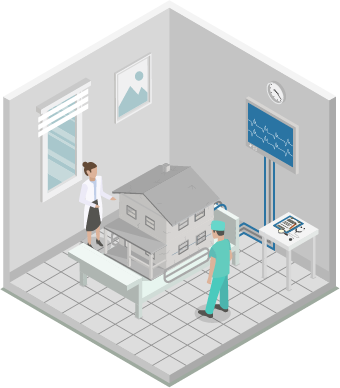
ARE YOU CONCERNED YOUR HOME IS MAKING YOU SICK?
Our guide on indoor quality will help you diagnose possible issues and implement intelligent solutions to improve the quality of the air inside your home.
